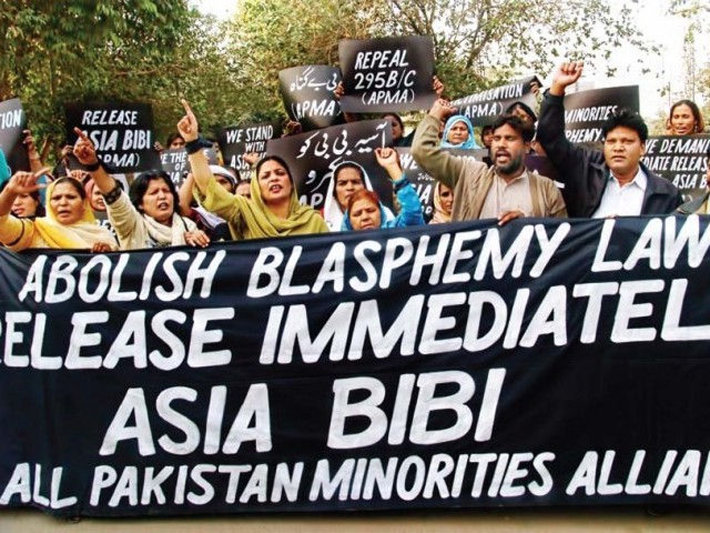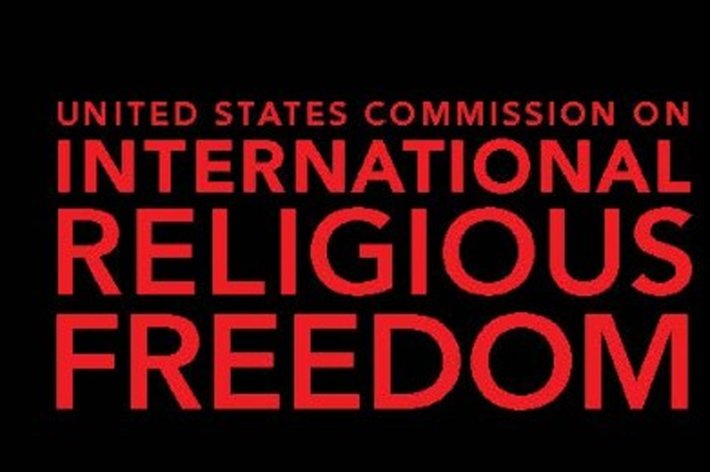According to the U.S. Commission on International Religious Freedom (USCIRF), more than one-third of the world’s countries criminalize blasphemy—speaking ill of things sacred to indigenous religions. In some countries, blasphemy carries a death sentence.

In Pakistan last month, for instance, three men were sentenced to death for tearing down a religious poster.
Some form of blasphemy law exists in 70 countries today, about one-quarter of them in the Middle East and North Africa. Surprisingly, an equal share have blasphemy laws in Europe and the Asia-Pacific region.
…three men were sentenced to death for tearing down a religious poster.
“I think blasphemy laws are more prevalent than people realize,” says Katrina Lantos Swett, former USCIRF chairman and president of the Lantos Foundation for Human Rights and Justice. “Many of these laws are on the books in Western and European countries. They’re just never enforced.”
Although such laws may seem outrageously antiquated to Western culture, politicians in many Muslim-majority countries have used them as campaigning tools since the 1960s, presenting themselves to constituencies as being enforcers of piety.
Islamic leaders, even their representatives to the UN, have repeatedly called for a global blasphemy law, arguing that speech protections have damaged Islam. As Turkish President Recep Erdogan said to a gathering of Islamic policymakers in 2013, “We cannot accept insults to Islam under the guise of freedom of thought.”
Imprisonments and executions continue in many parts of the world. The countries with the highest scores on the USCIRF index of blasphemy laws—Iran, Pakistan, Yemen, Somalia, and Qatar—are all Muslim-majority nations.
The index is calculated by monitoring how a country’s blasphemy law violates internationally recognized human rights such as religious freedom and freedom of expression.
Is there a solution to this problem? Lantos Swett believes that shining light on the perpetrators can have significant impact to make a difference. “I think we need to exercise, as much as possible, the value of the bully pulpit,” she said. “Countries don’t like being called out publicly and labeled as abusers of religious freedom and human rights.”


